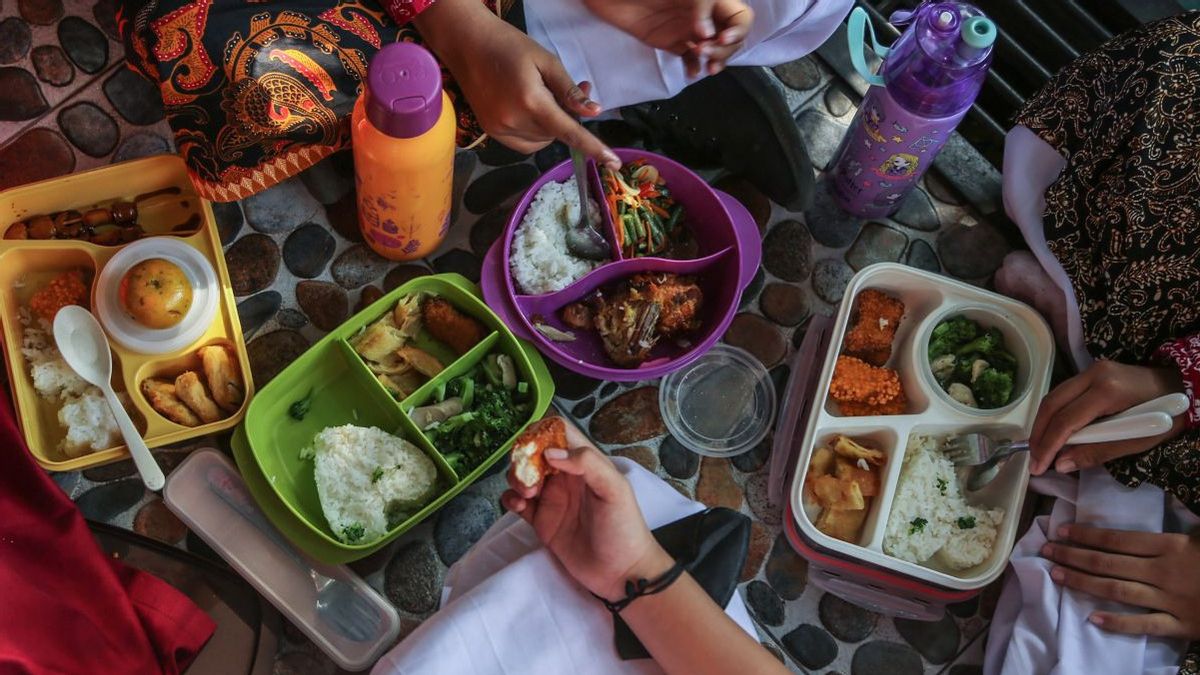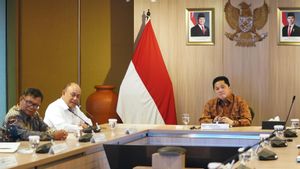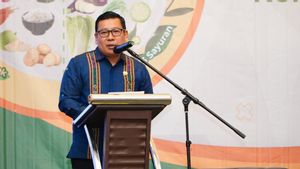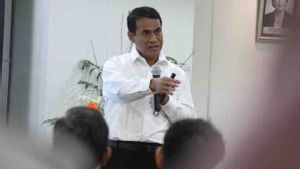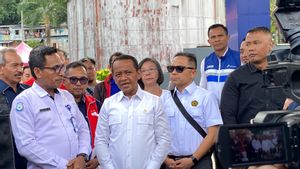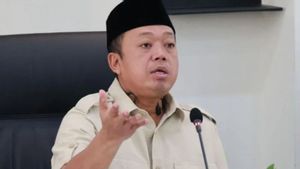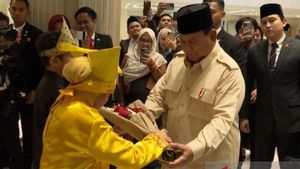JAKARTA - The Free Nutrition Food Program (MBG) has now entered a trial period by the National Nutrition Agency which is held at 80 points throughout Indonesia.
This program is expected to enter the expansion phase which is planned to reach all provinces in Indonesia on January 2, 2025.
Expert Staff to the Head of the Nutrition Agency Ikeu Tanziha revealed that the results of this trial are very important as a reference in developing operational standards in nutrition service units.
"We have conducted trials at 80 points, involving various service units such as public kitchens and mobile nutrition services that are prioritized for schools and communities. Thank God, the program is running smoothly and is the capital for expansion next year," he said, written Wednesday, November 6.
The Nutrition Agency plans to establish service units in various regions to ensure that the distribution of nutritious food is right on target, from school students to other vulnerable groups.
In the initial stage, this program will target around 15 to 20 million children throughout Indonesia, according to the budget allocation of IDR 71 trillion from the 2025 RAPBN.
He also ensured that the Nutrition Agency would integrate collaboration with various parties, including MSMEs and the private sector, in providing local nutritious foodstuffs.
"The involvement of local MSMEs is very important so that the funds allocated also have a positive impact on the regional economy. We want to ensure that the food ingredients provided meet nutritional standards while supporting national food security," he said.
To support the effectiveness of the implementation, the Nutrition Agency cooperates with the Kodim in various regions. Kodim has a strategic role in helping distribute to difficult areas, especially in remote areas and 3T (Front, Outermost, and Disadvantaged) areas.
In addition to school children, the target beneficiaries include pregnant women, breastfeeding mothers, and toddlers, with a public kitchen approach capable of serving 2,500 to 3,000 children per service unit.
The success of the program will be evaluated regularly, including through health indicators such as height and child weight, which are measured by nutrition workers in each service unit.
This evaluation will later involve several agencies, including Puskesmas and schools, with the support of supervision from BPOM to ensure food safety standards are maintained.
"We ensure that the nutritional standards remain, but the types of menus are adjusted to local culture, such as the use of local staples," he explained.
SEE ALSO:
Through this free nutritious eating program, the government hopes not only to create a healthy and intelligent generation, but also to reduce dependence on food imports by maximizing the products of local farmers.
The hope is that the sustainability of this program can be supported by all parties, including the government, the private sector, and the community.
With increasingly strong cross-sectoral collaboration, Indonesia is on the right track to strengthen the quality of community nutrition and alleviate malnutrition.
This program is not only a short-term investment, but is a strategic effort to strengthen the nation's next generation.
The English, Chinese, Japanese, Arabic, and French versions are automatically generated by the AI. So there may still be inaccuracies in translating, please always see Indonesian as our main language. (system supported by DigitalSiber.id)
